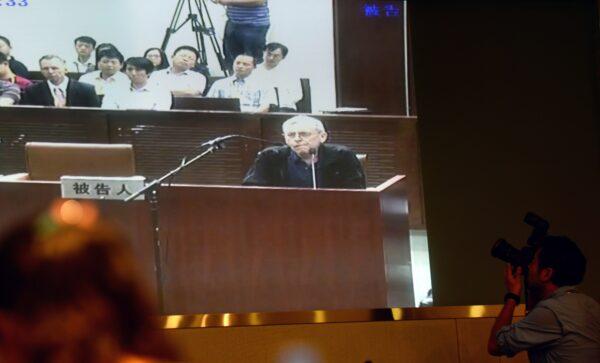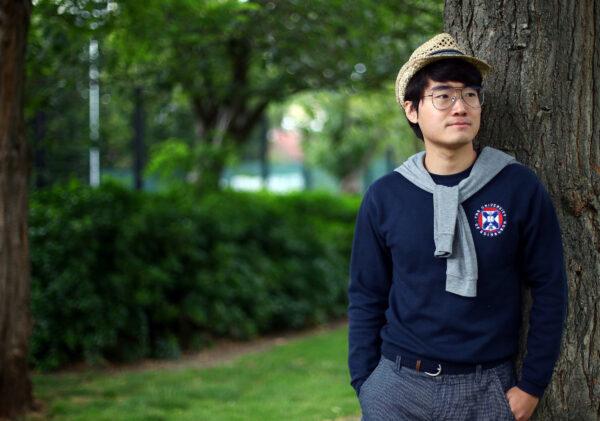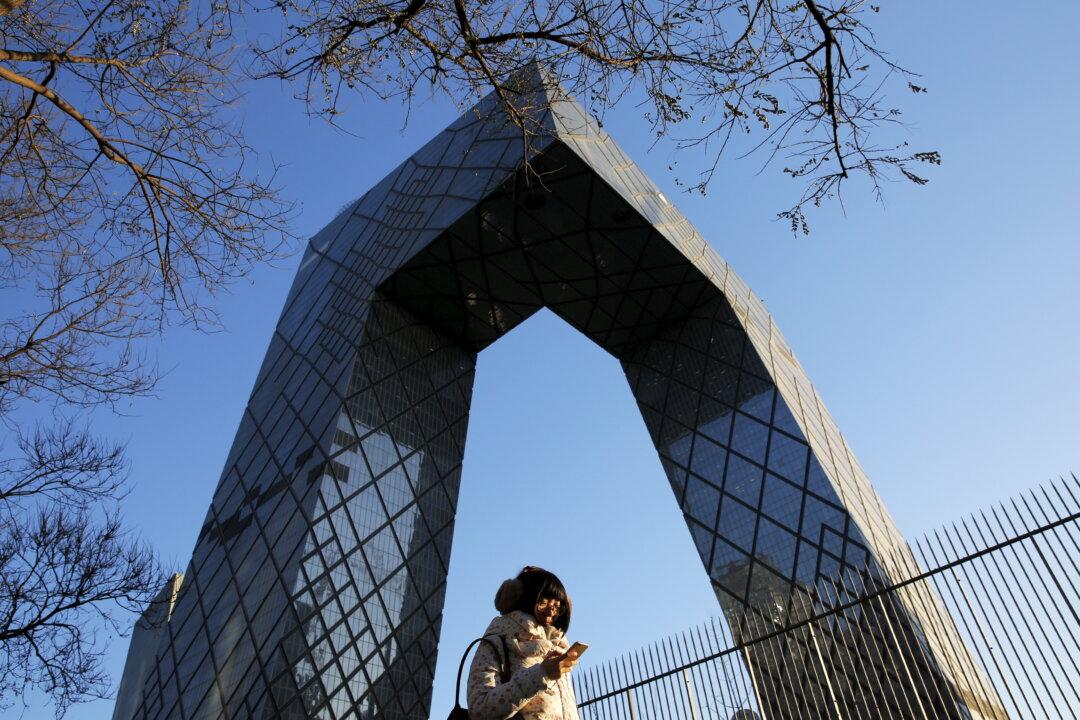Chinese state broadcaster CGTN, which aired a forced confession extracted from a British citizen in 2013, is guilty of “serious” violations of British broadcasting regulations and may face sanctions, Ofcom, the United Kingdom’s broadcast regulator, ruled on Monday.
The regulator has put China Global Television Network (CGTN) on notice that it intends to consider imposing a “statutory sanction” on the broadcaster.

Ofcom launched the investigation in 2019 after Peter Humphrey, a British corporate investigator, filed a complaint against CGTN, saying its British license should be revoked because it aired his forced confession while he was imprisoned in China.
“The programmes included footage of Mr Humphrey which had the potential materially and adversely to affect viewers’ perception of him,” the ruling stated.
CGTN, which is owned by China Central Television (CCTV), also “unwarrantably infringed Mr Humphrey’s privacy in respect of the obtaining of the material included in the programmes and in the programmes as broadcast,” Ofcom said.
Humphrey ran a corporate due diligence firm in China that the Chinese state alleged had bought and sold personal data, charges that Humphrey said are false.
“CCTV journalists then aimed their cameras at me and recorded me reading out the answers already prepared for me by the police. No questions were asked,” he said.

According to human rights NGO Safeguard Defenders, CGTN and its Chinese-language counterpart CCTV have aired numerous “forced confessions,” which amount to “known and intentional distortion of facts and clear lies,” and violate Ofcom’s rules on impartiality and accuracy.
Cheng said secret police tortured him to obtain information about the pro-democracy protests in Hong Kong.
Shortly after he broke his silence to international media, CGTN broadcast a report with Cheng purportedly confessing to soliciting prostitutes.
After a lengthy interrogation, Cheng said he agreed to confess to the minor offense of soliciting prostitution to avoid harsher treatment and a heavy sentence on national security charges.





